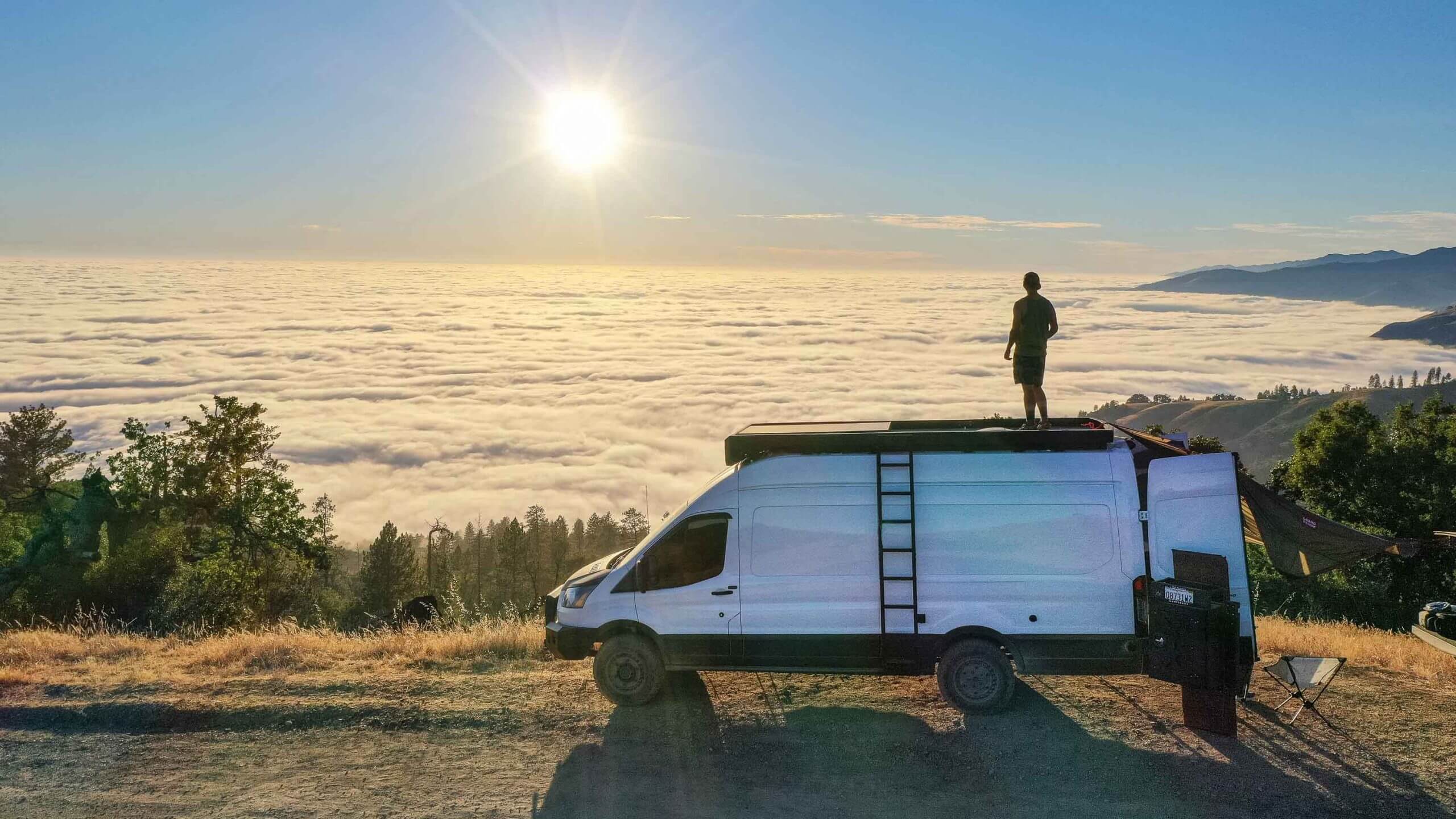Nomadic off grid living – Nomadic off-grid living represents a growing movement of individuals embracing self-sufficiency and a life unbound by traditional societal structures. This lifestyle, characterized by intentional mobility and reliance on renewable resources, offers a unique blend of freedom and challenge. From converted vans traversing national parks to cyclists exploring remote trails, the methods and motivations vary widely, yet a common thread unites these modern-day pioneers: a desire for independence and connection with nature.
This exploration delves into the practicalities, legal considerations, and social dynamics of this increasingly popular alternative lifestyle. We’ll examine resource management, transportation options, and the potential pitfalls and rewards of embracing a life less ordinary. Whether you’re a seasoned adventurer or simply curious about this unconventional path, this comprehensive guide provides valuable insights into the realities of nomadic off-grid living.
Financial Considerations and Sustainability: Nomadic Off Grid Living
Embarking on a nomadic, off-grid lifestyle requires careful financial planning and a commitment to sustainable practices. The initial investment can be substantial, but long-term cost savings and reduced environmental impact are achievable with diligent preparation and resourcefulness. This necessitates a realistic assessment of expenses, income generation strategies, and environmentally conscious living.
Income Generation Strategies for Nomadic Off-Grid Living, Nomadic off grid living
Generating income while maintaining a nomadic off-grid lifestyle requires creativity and adaptability. Remote work opportunities, such as freelance writing, web development, graphic design, or virtual assistance, are increasingly viable options. Additionally, leveraging skills in areas like carpentry, repair services, or offering workshops can provide income streams within the chosen communities. Selling handcrafted goods or produce from a self-sufficient garden or homestead can also contribute significantly to financial stability.
The key is to identify skills that translate well into a mobile and off-grid context.
Sustainable Practices for Minimizing Environmental Impact
Minimizing environmental impact is paramount in off-grid living. Strategies include efficient water harvesting and conservation techniques like greywater recycling. Solar power systems, coupled with energy-efficient appliances, are crucial for reducing reliance on fossil fuels. Composting toilets and responsible waste management, including recycling and minimizing packaging, are essential. Sustainable food sourcing, such as gardening or foraging, reduces reliance on external food systems and their associated carbon footprint.
Prioritizing durable, repairable goods over disposable items further contributes to a smaller environmental footprint.
Sample Annual Budget for Nomadic Off-Grid Living
The following budget provides a general overview. Actual costs will vary significantly based on location, lifestyle choices, and individual needs. This example assumes a single individual.
| Category | Monthly Cost (USD) | Annual Cost (USD) | Notes |
|---|---|---|---|
| Vehicle Maintenance & Fuel | 200 | 2400 | Includes repairs, insurance, and fuel for a fuel-efficient vehicle. |
| Food | 300 | 3600 | Combines purchased food with homegrown produce. |
| Solar Power Maintenance & Upgrades | 50 | 600 | Includes battery maintenance and potential panel replacements. |
| Water System Maintenance | 25 | 300 | Covers filter replacements and system checks. |
| Healthcare & Insurance | 100 | 1200 | May vary significantly based on location and coverage. |
| Communications & Internet | 75 | 900 | Satellite internet can be expensive; consider alternative solutions. |
| Miscellaneous Expenses | 150 | 1800 | Includes unforeseen repairs, travel costs, and personal items. |
| Total Monthly Expenses | 900 | 10800 |
Embracing a nomadic off-grid lifestyle is a significant commitment, demanding careful planning, adaptability, and a resilient spirit. While challenges undoubtedly exist, the rewards—freedom, self-reliance, and a profound connection with the natural world—are equally compelling. This exploration has highlighted the multifaceted nature of this lifestyle, from the practicalities of resource management to the social and legal considerations. Ultimately, the decision to embark on this journey is deeply personal, but with thorough preparation and a realistic understanding of its demands, nomadic off-grid living can offer a uniquely fulfilling and transformative experience.
Check off grid living hawaii to inspect complete evaluations and testimonials from users.

